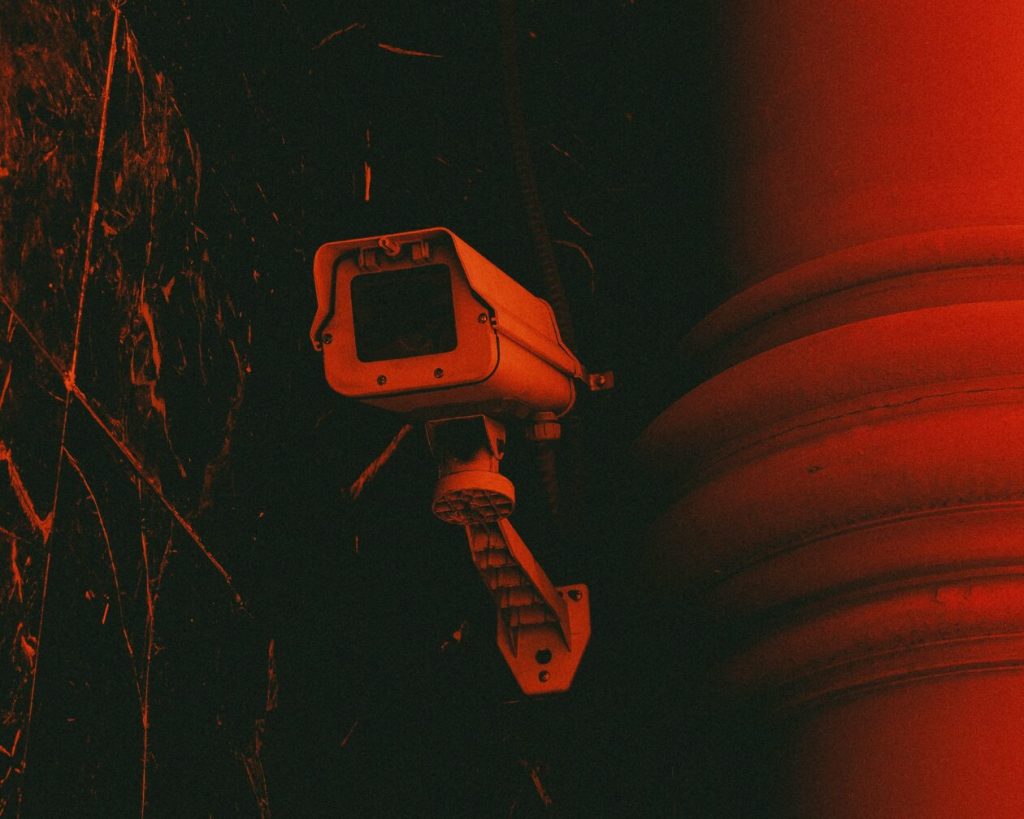The Seattle City Council’s public safety committee recently approved legislation to add new CCTV cameras and Real-Time Crime Center software in an effort to address crime. The full council is set to vote on the new laws next month. The cameras will be installed in various areas of the city, including downtown and North Seattle, as part of a pilot program. Mayor Bruce Harrell expressed support for the technologies, which are included in the city’s budget allocating over $2.4 million in 2025 for crime prevention efforts.
According to the city, the CCTV cameras will only be used in public places such as sidewalks, streets, and parks to address privacy concerns. Notification signs will be posted, and video recordings will be retained for up to 30 days before being erased unless used as evidence. The Seattle Police Department has stated that face recognition technology will not be used with the cameras. Critics of the plan argue that there is no concrete evidence that the cameras will be effective in reducing crime. The ACLU of Washington’s technology policy director expressed concerns about the potential negative impact of the Real-Time Crime Center software.
The Real-Time Crime Center (RTCC) has been a point of contention, with opponents worried it could be used by out-of-state agencies to target certain groups of people in Seattle. The city has reassured that the SPD will not cooperate in the enforcement of laws related to immigration or reproductive and gender-affirming healthcare services. Axon, a well-known police body cam and taser manufacturer, is partnering with the city on the RTCC. Axon recently acquired Fusus, a leader in real-time crime center technology, which provides a comprehensive platform to monitor active incidents using live video footage and data from various locations within a community. Publicola reported that the RTCC may have access to footage from private sources, such as Ring cameras.
Mayor Harrell previously stated that the city would not allocate funds to a controversial gunshot detection technology system. Critics of the new CCTV cameras and RTCC software argue that deploying these technologies may not effectively reduce crime and could disproportionately impact communities of color. Despite these concerns, city officials and proponents of the technologies believe that using the latest tools and technologies can help improve public safety efforts. The upcoming vote on the legislation will determine the future implementation of these crime prevention measures in Seattle.


